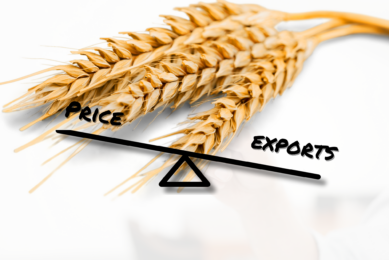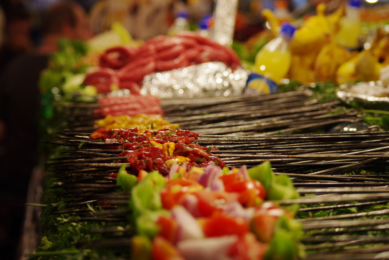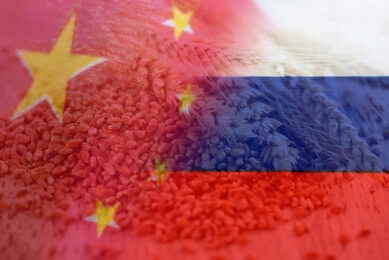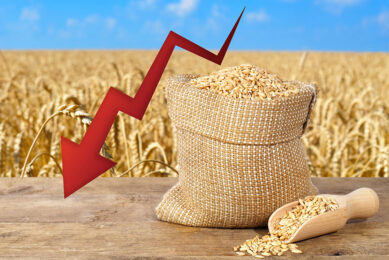Fixed grain market due to corn problems
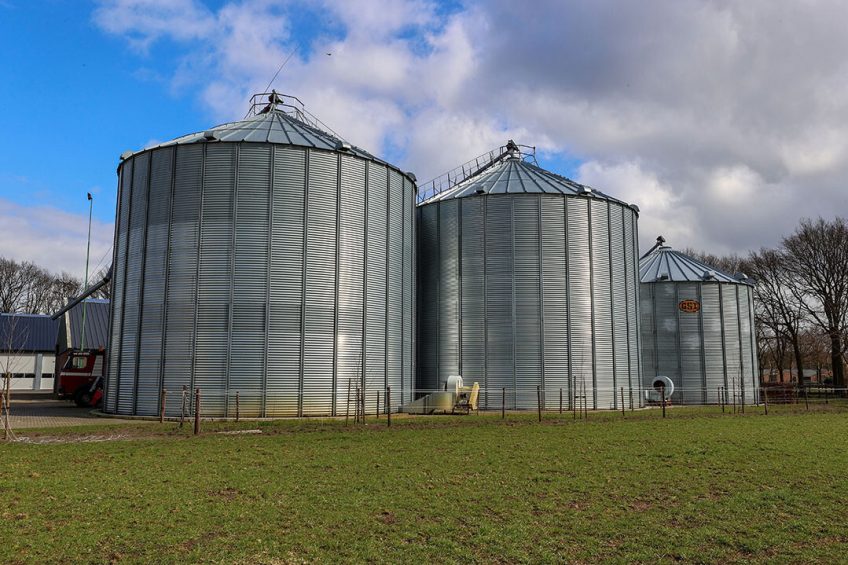
Weather conditions in the major grain production areas are determining the course of events in the grain market. Drought in Brazil, in particular, is having an impact.
Grain prices rose sharply on the futures markets in April, with wheat and corn prices taking a significant leap in both Paris and Chicago. Wheat in Chicago made a price increase of roughly 20% for the various 2021 contracts, for corn there was a bit more variation and the price increase was between 32% for May 2021 and 16% for the December contract. Wheat in Paris experienced a price increase of 23% for the May contract (which is still the old harvest of 2020) and 11% for December. The contracts for maize (June, August and November) became 12% to 8.5% more expensive in April. In the closing week of April, the upward trend continued, albeit slightly more calmly. Only the first expiring contracts in Paris and Chicago showed significant leaps, while stabilization occurred for the rest.
Drought in Brazil
The strongest influence on the grain market worldwide is the deteriorating situation of the Brazilian maize. The drought continues, while the crop is in a vulnerable stage of growth. Analysts from market agency Agritel are not based on the USDA forecast for the Brazilian maize harvest of 109 million tons, but think that a volume is still below 100 million tons.
Maize currently remains the most important product on the grain market and influences the price level of wheat in particular, but also barley. The inclusion in animal feed is becoming an expensive joke. Agritel reports that China is once again strong on the maize market. This partly explains the strong price increases, especially in the short term.
Sowing maize in the US is going smoothly
In the United States, seeding maize is going smoothly. In the northern cereal production areas, the wheat region so to speak, it is too dry, which leads to a rise in wheat quotations. In France, drought is also affecting wheat, although it is limited to the north.




